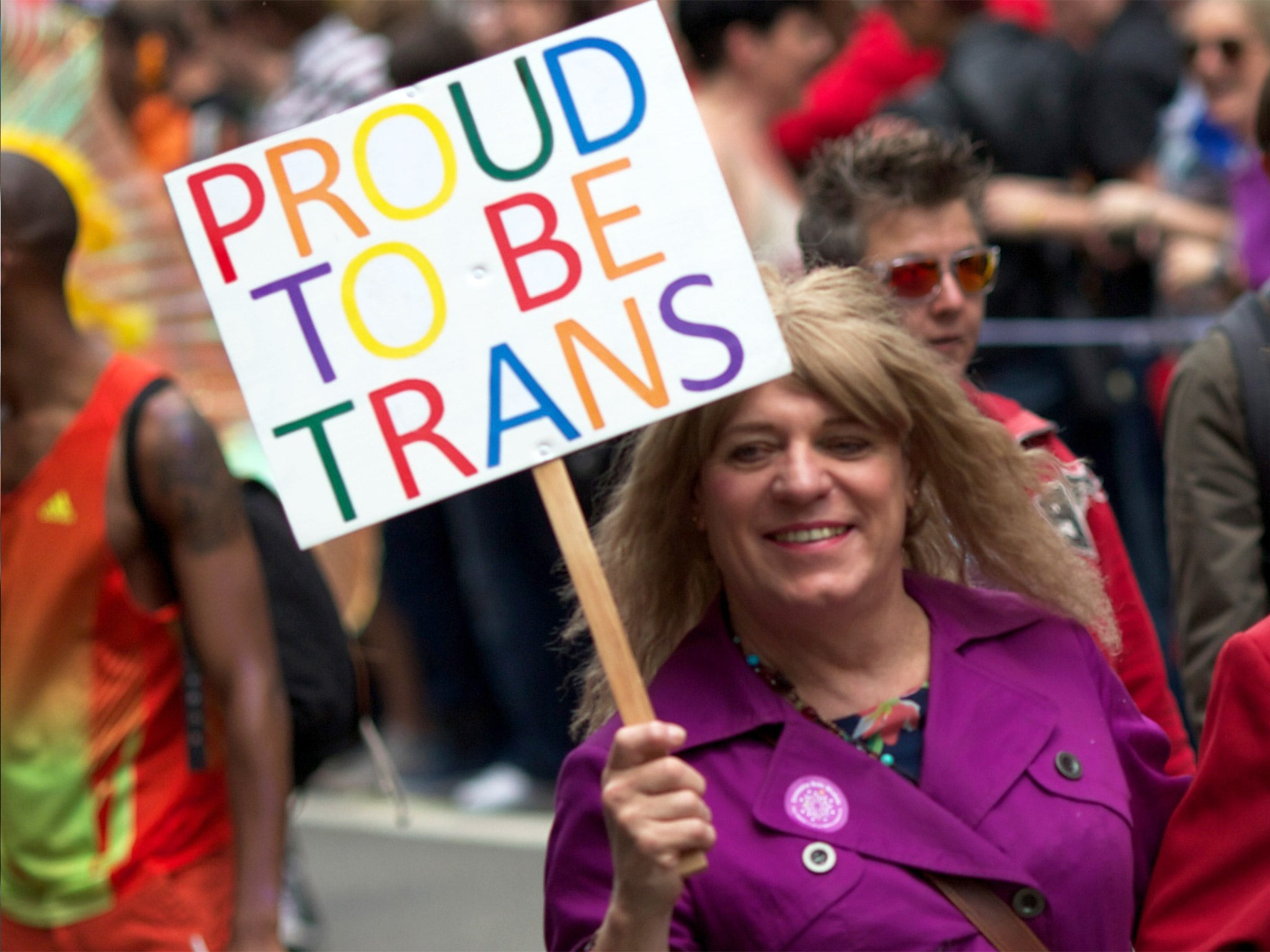How should we be defining gender identity in 2016?
'It is best to ask which term an individual prefers'

Controversy has been raised by a recent government-backed survey which asked 13-year-old schoolgirls to define their own gender out of 25 different options including "tri-gender", "demi-boy" and "non-binary".
For many people the number of possible gender definitions can be confusing and often lead to misunderstanding and unintentional offence.
A spokesperson for LGBT advocacy group, Stonewall, said: "Young people may describe and express their gender identity in many different ways and clearly that is what this survey aims to capture.
"We believe that exercises like this are best delivered as part of a school’s wider work on gender and trans issues, to ensure that young people understand the questions they are being asked, feel comfortable answering them and know staff will be there to support them."
In response to this debate - here are some questions regarding gender issues we have answered with the help from sociologist and University of Birmingham gender expert Dr Shelley Budgeon and the media guide of the Gay and Lesbian Alliance Against Defamation (GLAAD) .
How many genders are there?
It is not a question of numbers as gender descriptions can be subtly different and not mutually exclusive.
As GLAAD explains: “It is best to ask which term an individual prefers.”
How is gender currently defined in the UK?
Dr Budgeon: "In the UK, the convention is to assign bodies to one of 2 sexes at birth based upon biological attributes – male and female.
"So-called common sense then follows the misplaced logic that men and women are naturally and inevitably different."
What is the problem with this 'binary approach' to gender?
Dr Budgeon says: "We are expected by others to conform to the constraints of the two category structure.
"Those who cannot are stigmatised and labelled as ‘unnatural’.
"Evidence from studies shows that not everyone identifies in a consistent and coherent way with this system, and in this regard imposing it as a norm is oppressive."
How is gender created?
"Gender is the cultural meanings we ascribe to our bodies," explains Dr Budgeon
"Gender is about a set of beliefs that organise identities, social interactions, and institutions.
"Historically these meanings have been based on a binary relationship between the two bodies [male and female] and have been constructed as a relation of difference."
Do gender charactersitics change?
"As gender is cultural it can shift and change over time," Dr Budgeon says.
"We’ve seen this in the way that once dominant constructions of femininity as passive and dependent have been replaced with more agentic characteristics such as autonomy."
Are there terms we should avoid using regarding transgender people?
In addition to clearly offensive slang, expressions such as "sex-change", "born a man" or "pre-op" can clearly offend due to their crude physical connatations.
As GLAAD explains, the physical and psychological process of transitioning is not a “one-step procedure” but a complex process which occurs over a period of time.
As such, blanket terms such as pre-operative and post-operative appear to deny that gender is more than the sum of physiological changes and differences.
Subscribe to Independent Premium to bookmark this article
Want to bookmark your favourite articles and stories to read or reference later? Start your Independent Premium subscription today.

Join our commenting forum
Join thought-provoking conversations, follow other Independent readers and see their replies